Legal Literacy - This article discusses how virality affects law enforcement in Indonesia. In the digital age, viral events on social media often accelerate and influence the legal process. From raising public awareness to influencing judges' decisions, virality has become a supremacy in the legal system. However, this article also highlights the risks, such as spreading false information and public pressure, that can affect justice. It discusses the balance between social media's role in civic engagement and the need for fair and objective law enforcement.
Virality: A Crutch for Law Enforcement
In today's world, virality is one of the instant methods to get justice. With modern technology, everything can be uploaded and tracked on social media. Everyone can find out what is happening worldwide wherever, whenever, whatever the situation. Technology has also penetrated the legal process in Indonesia. This is proven by the fact that something viral can create a one-set legal process and even collective awareness for law enforcement. The power of the "principle of virality" in the legal process led to the emergence of the hashtag "no viral, no justice" on one of the social media platforms. It seems that viral is cutting the compass for victims to embrace their rights.
Of course, to achieve a specific goal, an organizer is needed, as is the law. The law cannot work automatically, even though a norm enshrined in Article 1 Paragraph (3) of the 1945 Constitution states that Indonesia is a state of law. Law enforcement must still be involved in the process. Unfortunately, law enforcers are the main actors that subvert the law. For this reason, the principle of virality is present as a critic and a helper for law enforcers in carrying out their duties. It can also be said to be a form of public distrust created by the legal apparatus.
Virality can be categorized as the highest rule of law in the current legal situation. Worse, virality is more trusted by the public in processing a case than reporting to the authorities. So, if this continues to happen in the process of strengthening legal culture, what impact will it have on law enforcement?
Realizing a Sat-Set Legal Process
A swift legal process is what the Indonesian people crave. With virality connecting the power of netizen awareness with law enforcement awareness, the legal process can be resolved quickly. Criminal entities, such as sexual harassment, fraud, theft, robbery, Trafficking in Persons (TPPO), and even corruption, are recognized promptly by netizens, making it easier for authorities to investigate. As a result, trending topics used by netizens have an impact on the performance of law enforcement. Even before it went viral, law enforcers did not know about the incident because there was no police report.
Generating Collective Awareness for Law Enforcers
Another consequence of viral cases on social media is that it creates a collective consciousness for law enforcers. How could it not? A viral case will lead many people to freely express their thoughts with an anonymous account. Recently, a viral case focused on a customs agency considered "playing dark" against a fantastic amount of import duty.
This was responded to swiftly by the Director General of Customs as the highlighted authority, who then explained in detail the case that occurred to the viral shoe importer based on the applicable regulations. Just imagine that because of the mistake in listing the ICF price, the importer must pay a fine of tens of millions. Suggestively, this made an impression on the minds and hearts of the authorized officials when he was caught in the exorbitant fine, even though it was the mistake of the shipping service.
Facilitate Law Enforcement in Finding Data
The skill of netizens in diving into the social media timeline on a person's account is undoubted. Posts from the previous year, personal data of the perpetrator, chronology of events, condition of the victim, and even the crime's process can all be searched and found quickly. No wonder "the power of netizens" benefits law enforcement in collecting data and information needed for the investigation process. It is not uncommon for netizens to find missing people or goods first.
Apart from that, it should be noted that not all news from netizens is accurate. Not infrequently, the info is a hoax and a mere gimmick. So, it must be further researched and traced by law enforcement, especially police officers, who are the first figures in the legal processing stage.
Influence on Decisions Made
The more viral a case becomes, the more agitated netizens become. This is indicated to affect the existence of law enforcers, including judges, in making decisions. Although not overtly, posts of partisanship on social media will affect judges as ordinary people. Something that goes viral is a combination of the original event and the perception of netizens. The result is another difficulty in determining which decision is appropriate with various considerations.
The various consequences of virality in the current era have greatly affected the judicial process and even law enforcement, such as helping the judicial process run quickly so that the police only continue the performance of miraculous netizens. However, not all good things are obtained by this viral method; being careful in opinion and prejudice will lead to slander, vigilantism, pressure on the perpetrator, the spread of privacy, hoax news, and others.
Therefore, awareness is needed from various groups to be wise in using social media for civic engagement and helping others. Law enforcers are also expected to evaluate their performance in handling legal cases, which does not mean letting the community control the law. Law enforcers should improve themselves because the hashtag "no viral no justice" can also be intended as a subtle insinuation and a form of public distrust of the rule of law and its apparatus. The happiness and wishes of the people should come first. By Jeremy Bentham's opinion, "a good law is a law that can provide as much happiness as possible for as many people as possible".
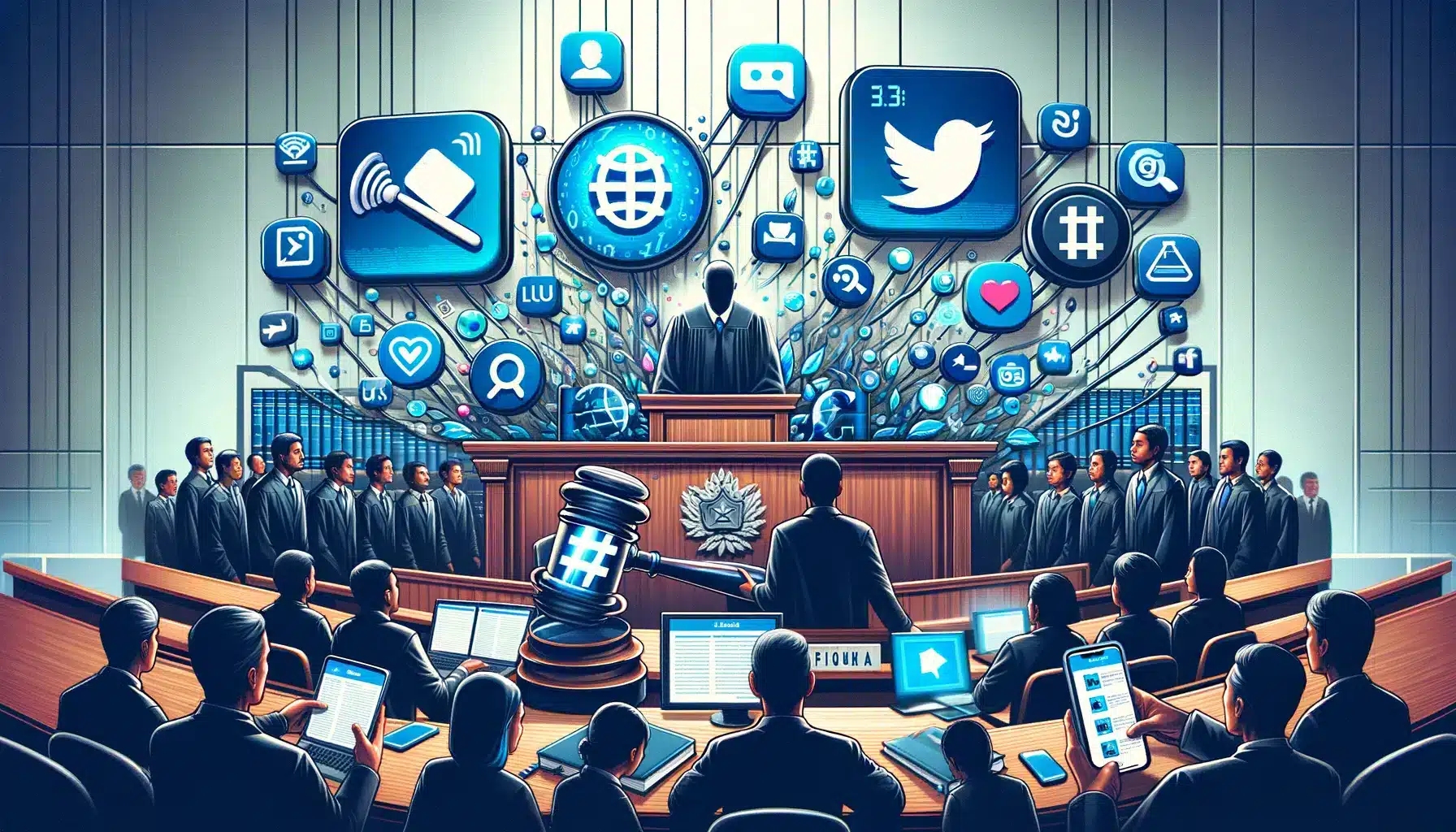



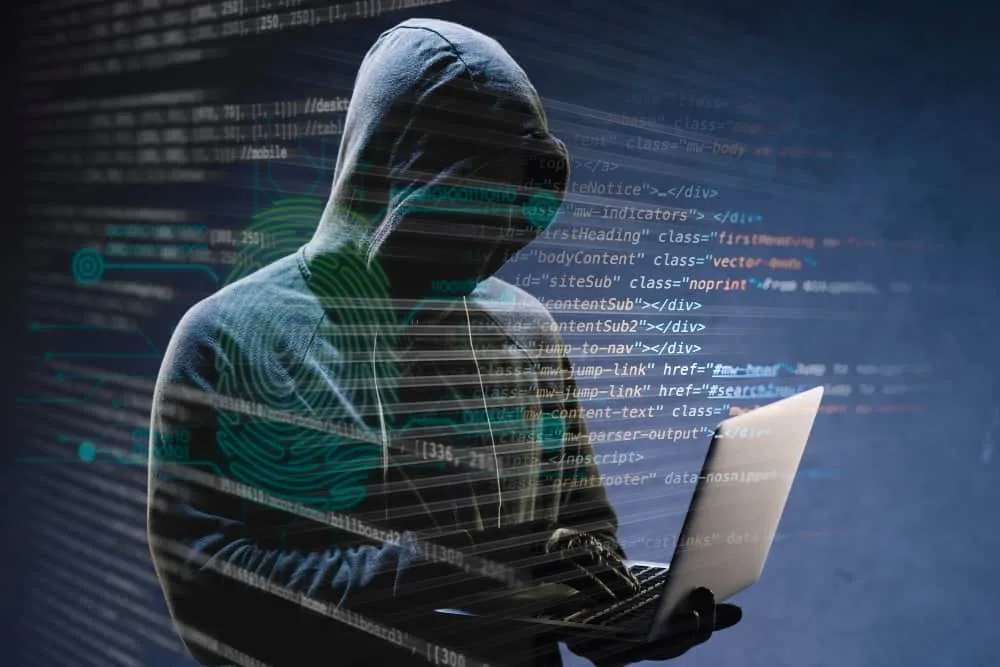





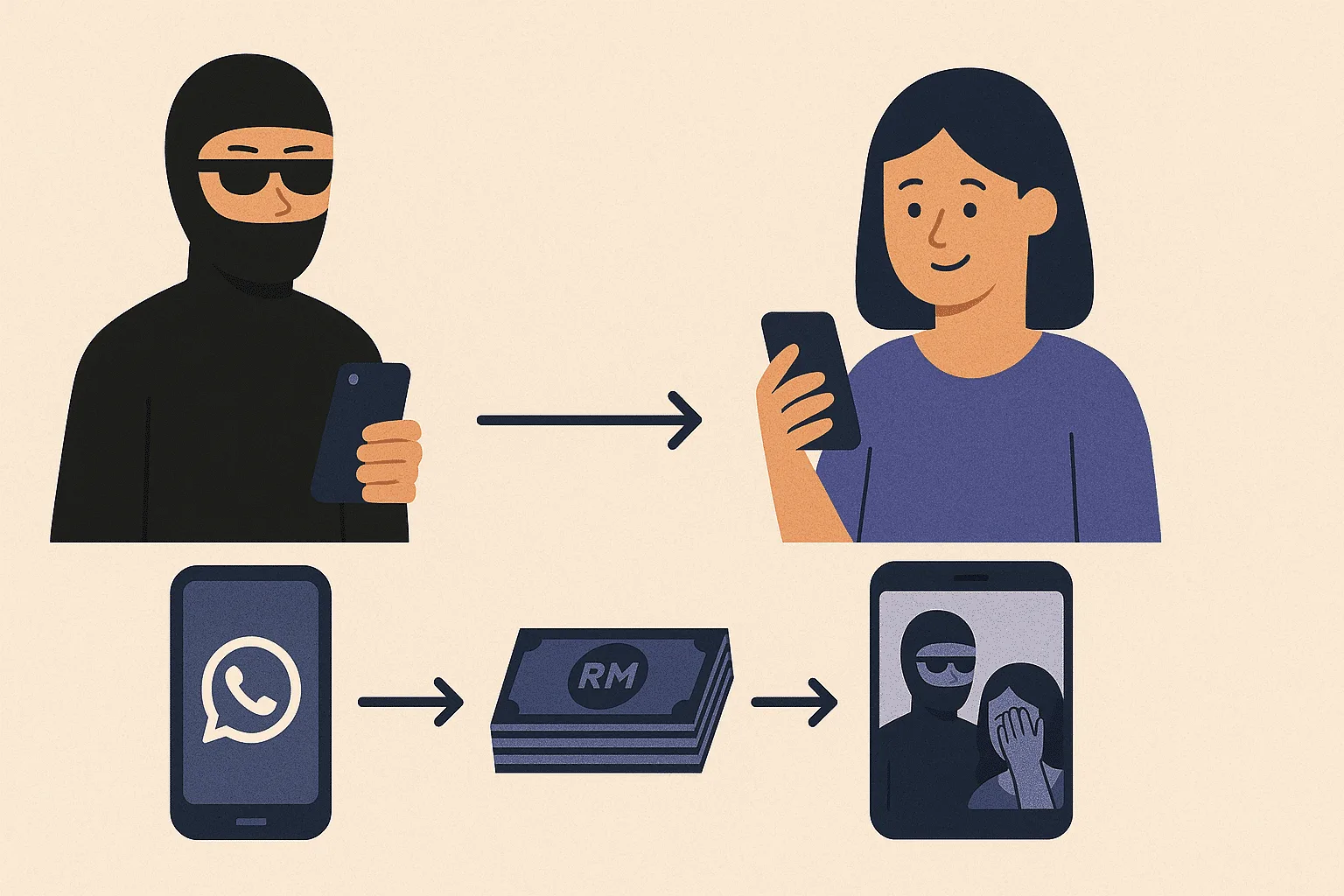
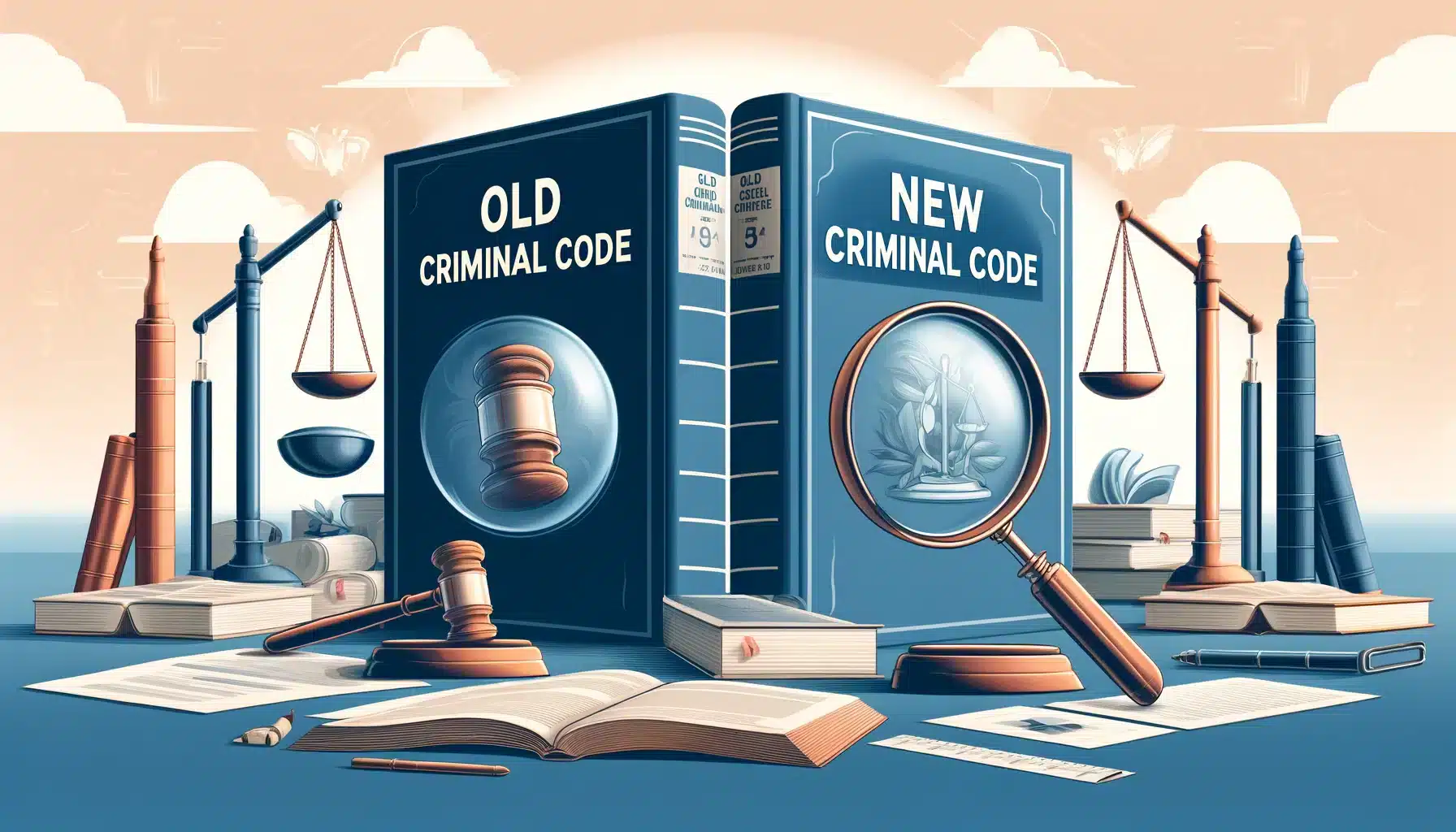
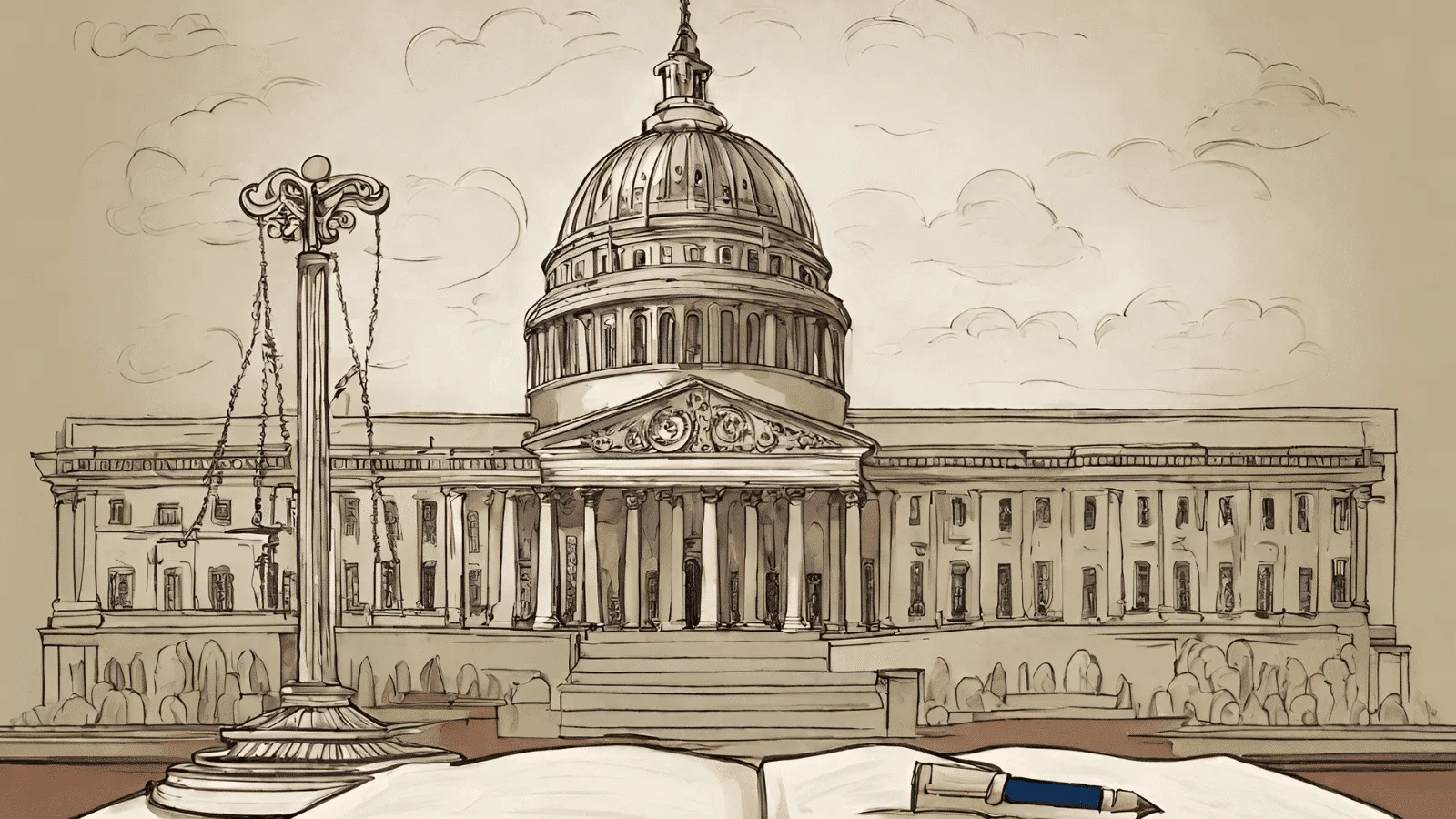
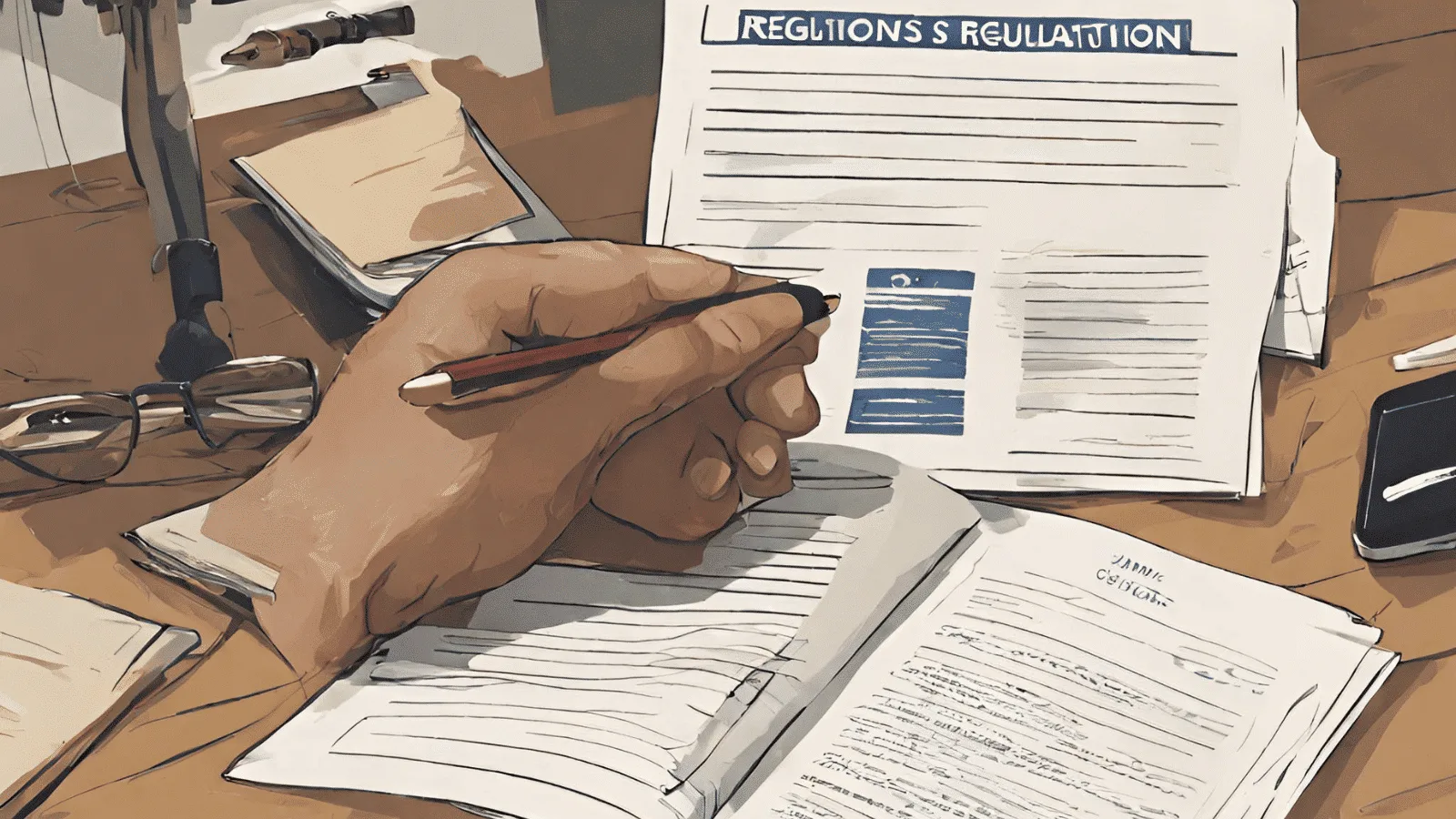
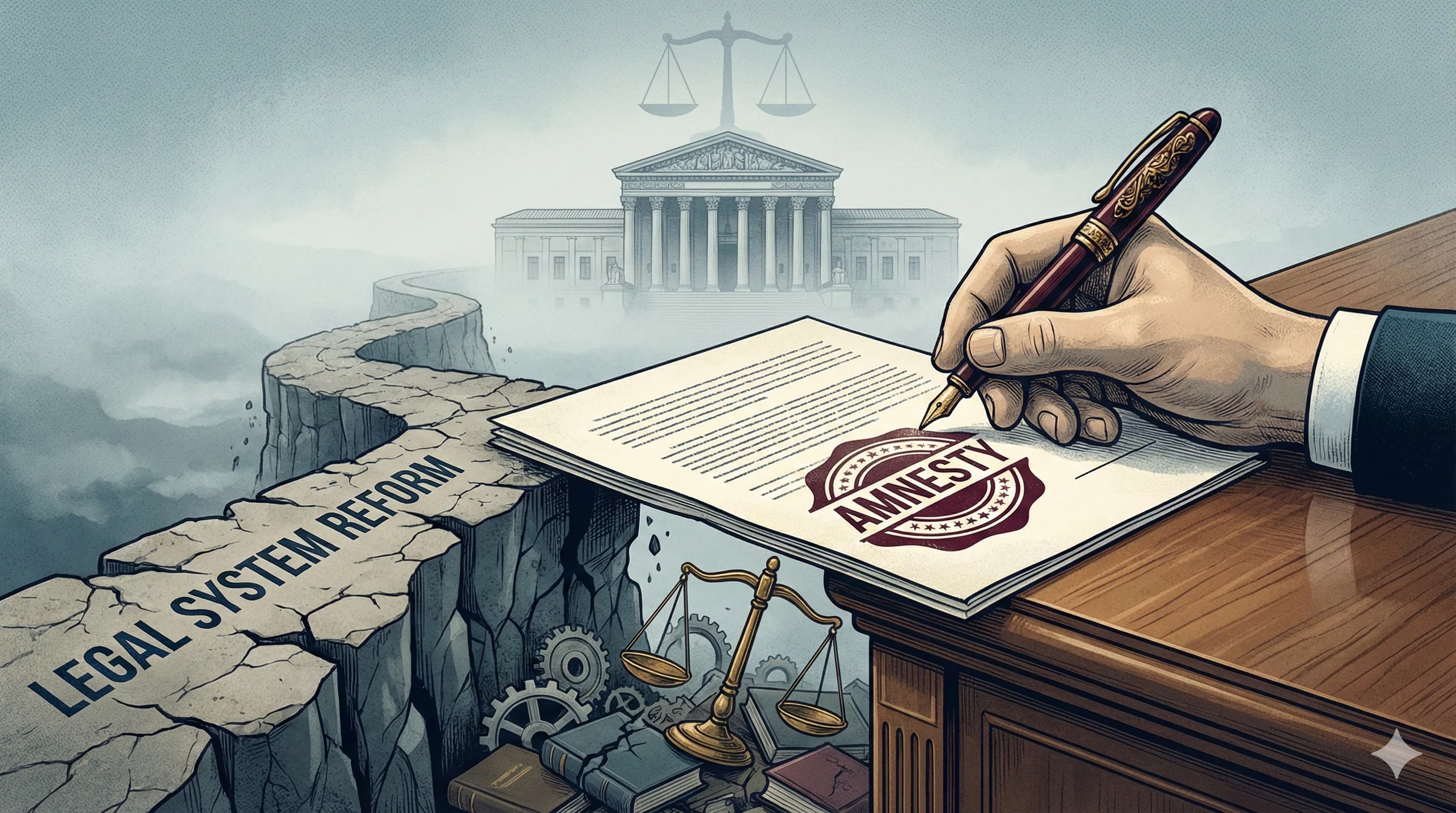

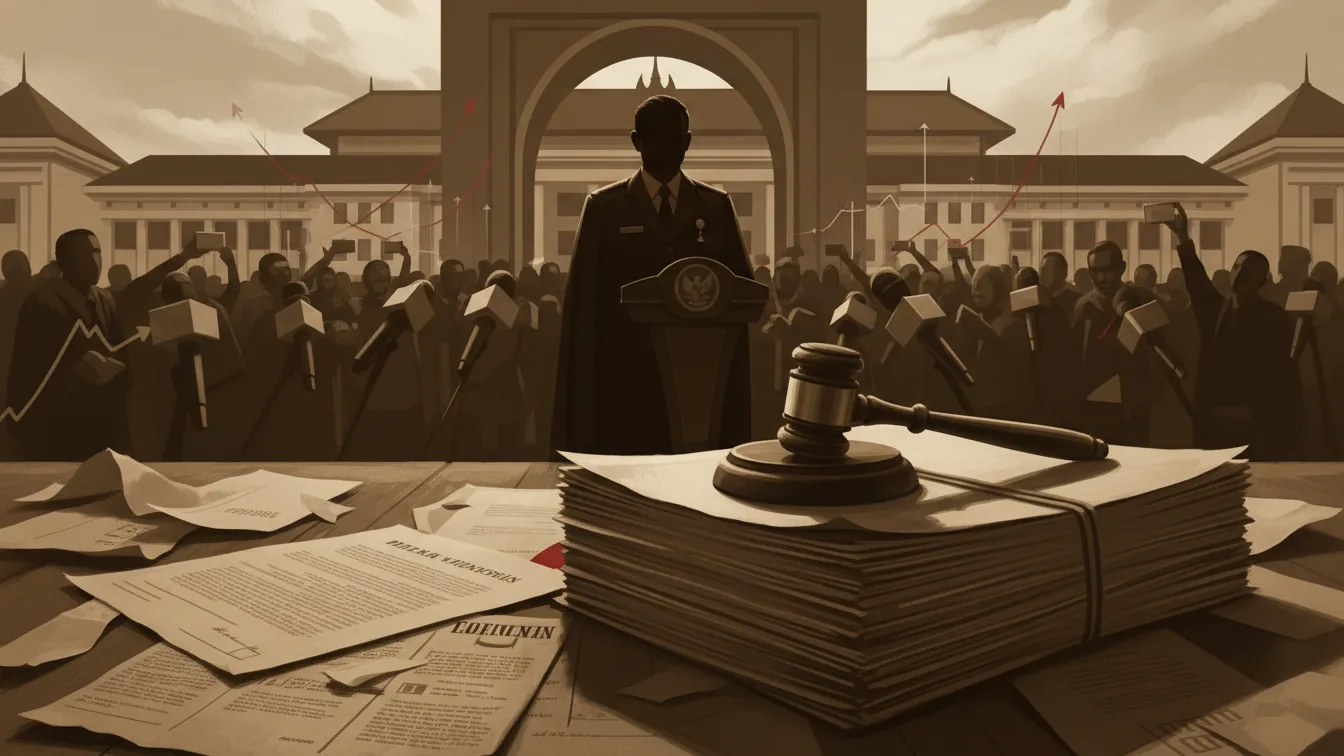
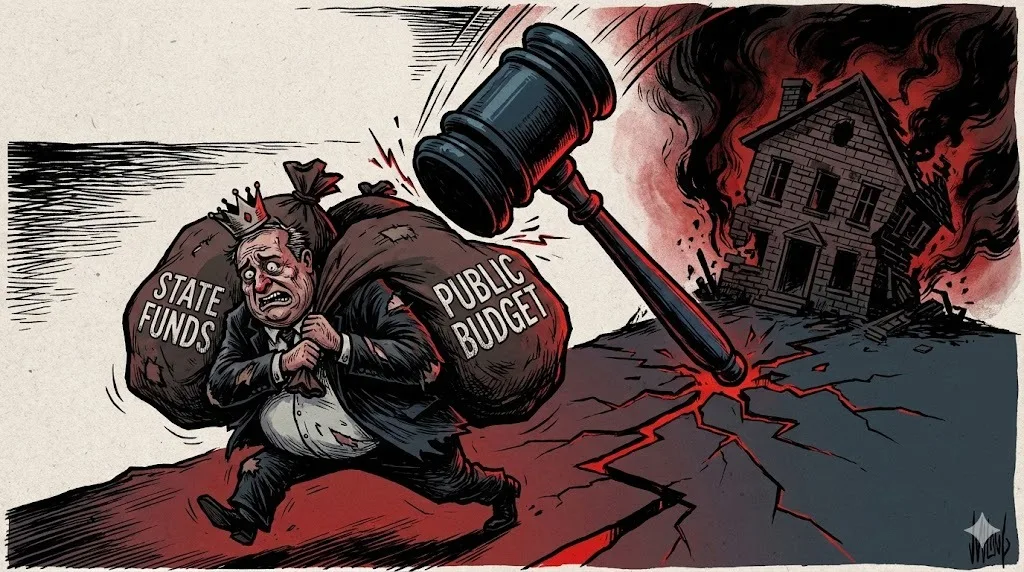

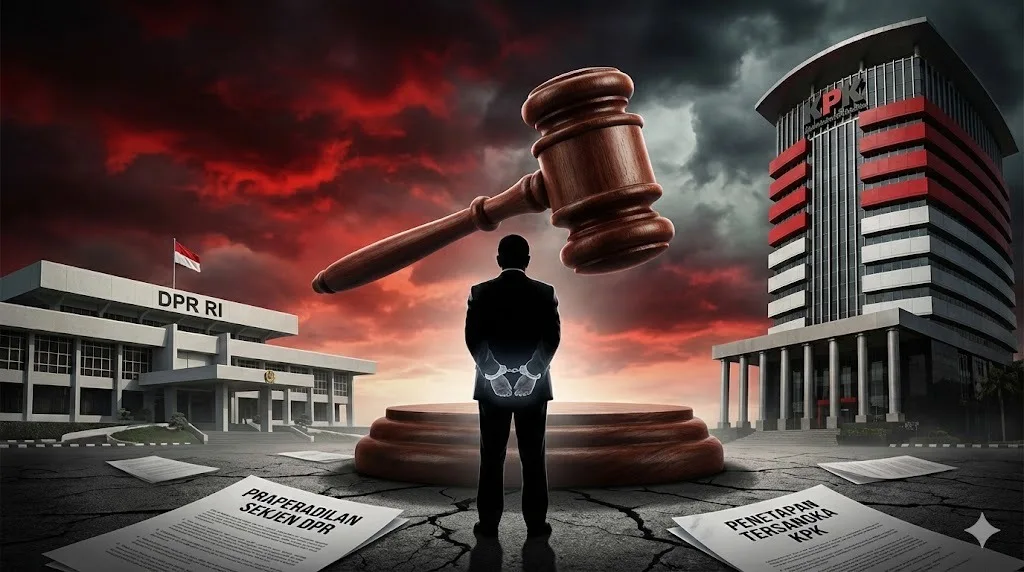

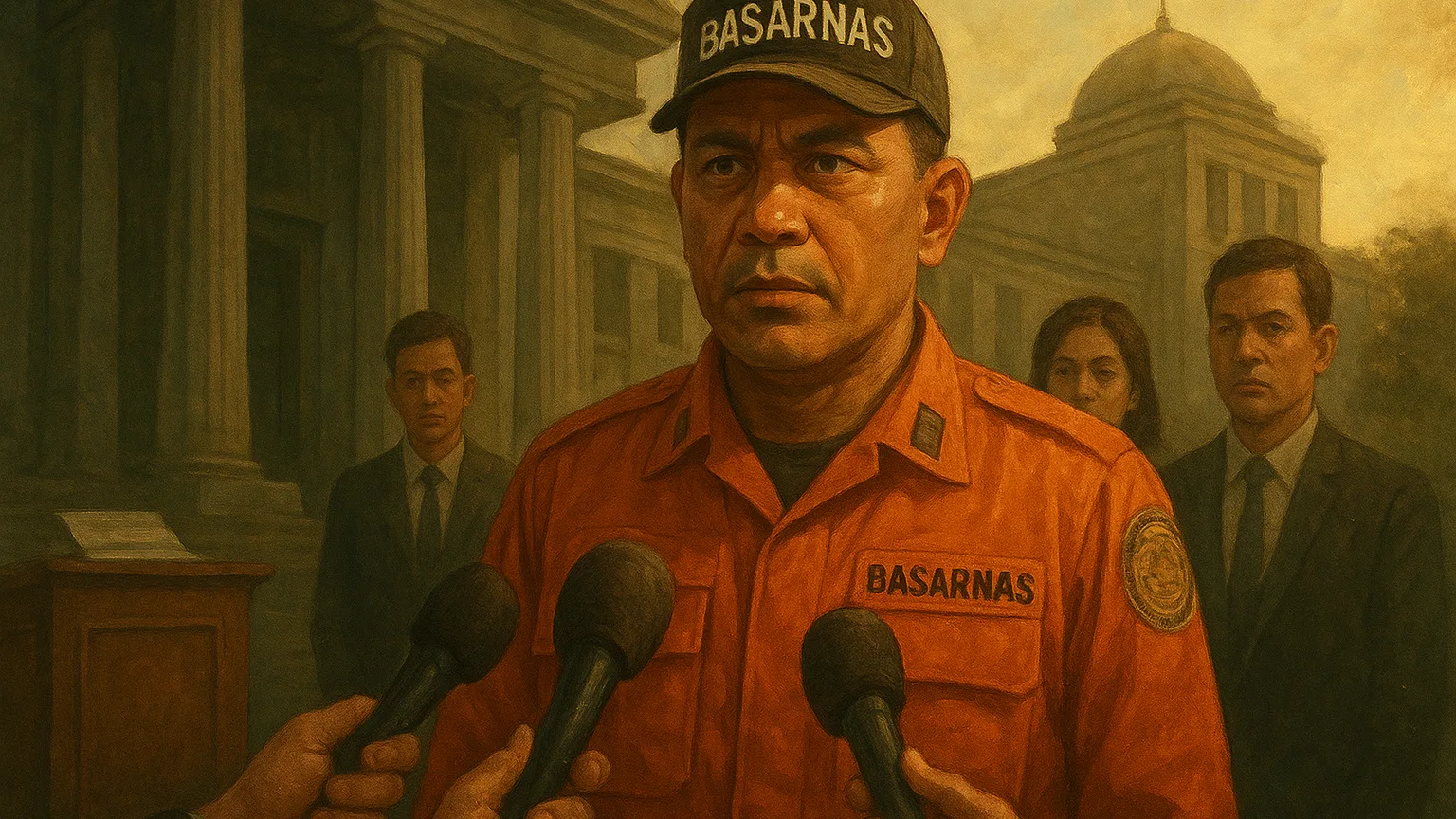
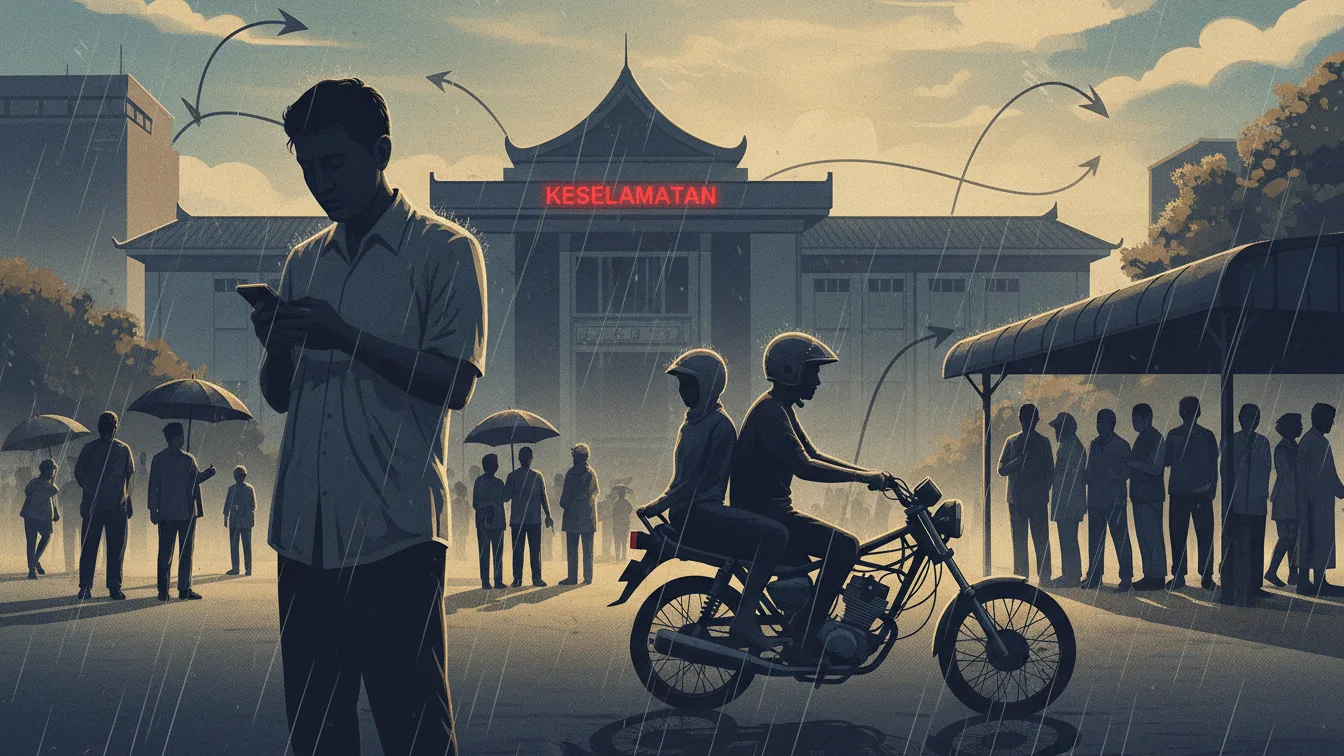

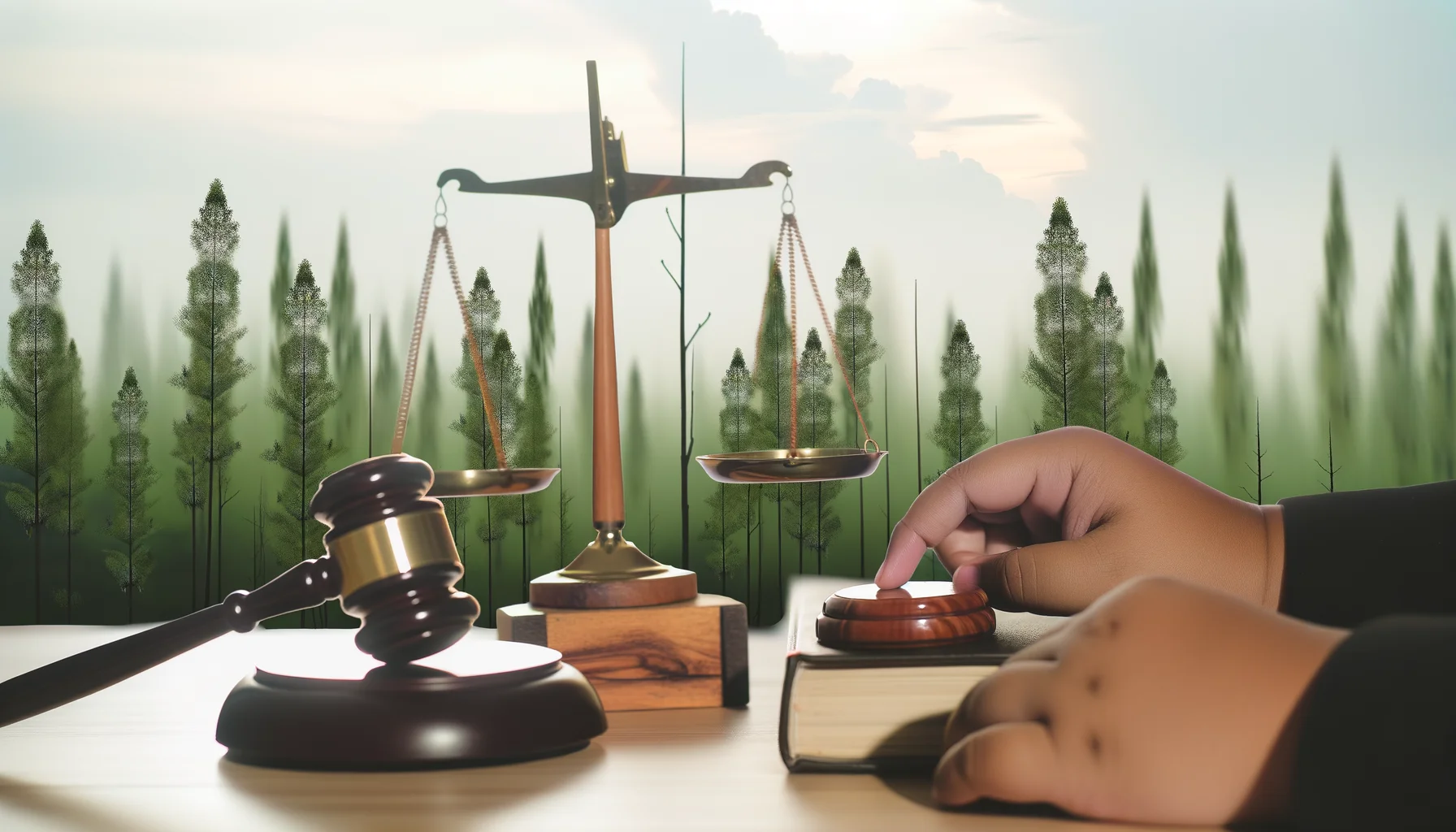
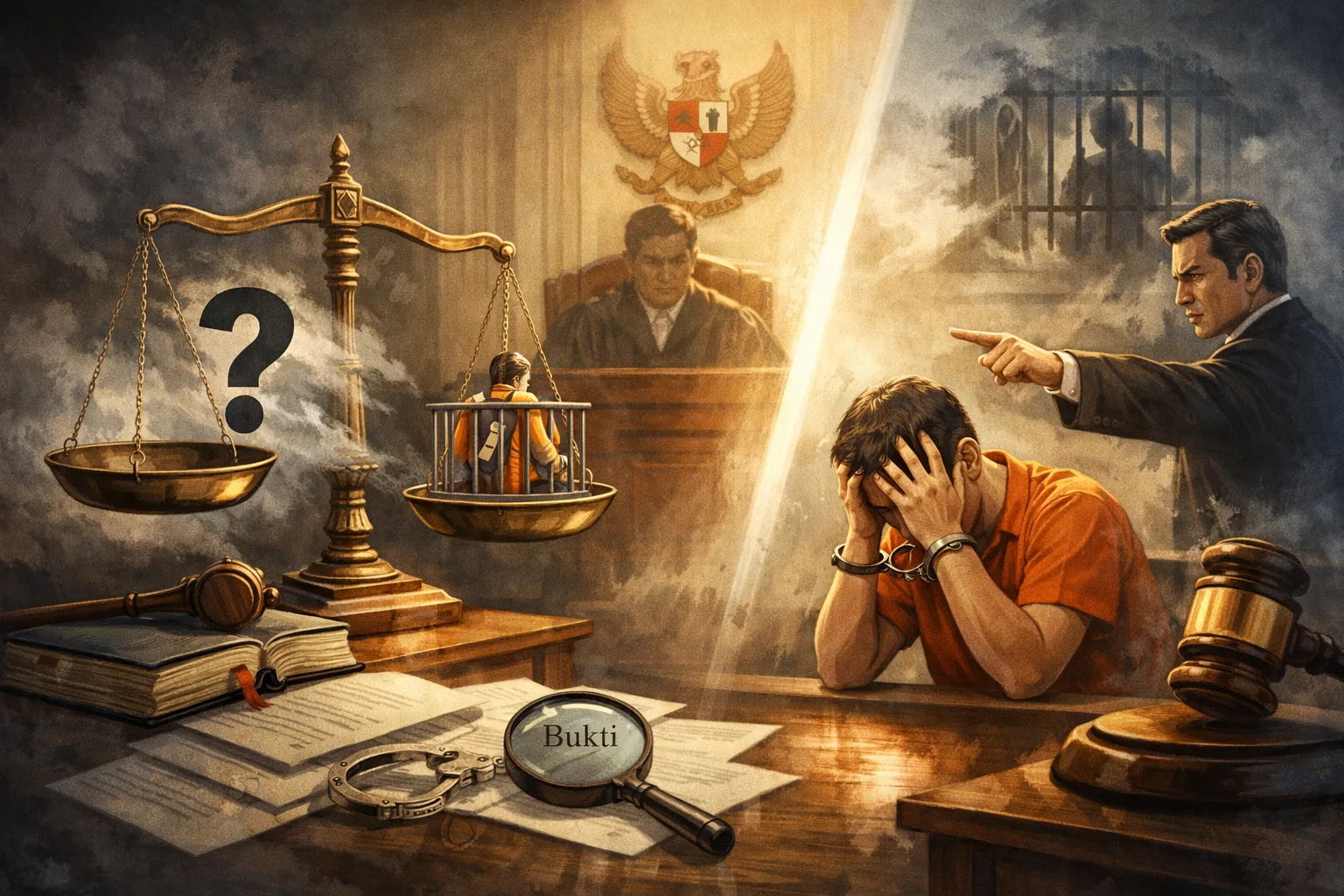


Comments (0)
Write a comment